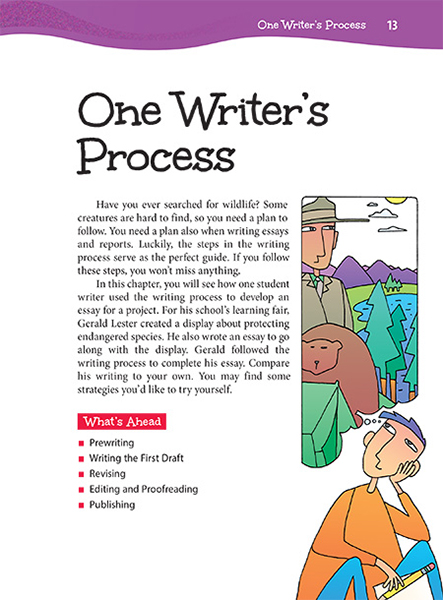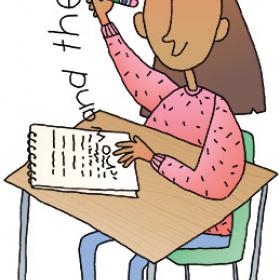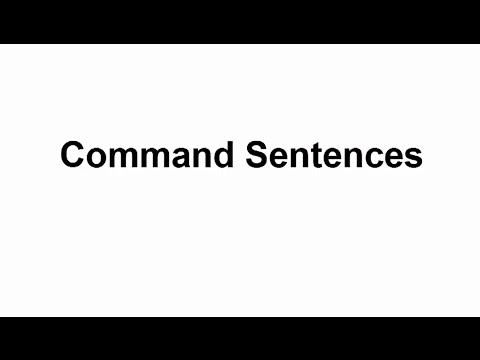Page 013 from

Start-Up Activity
Ask your students to talk about their personal experiences using the writing process (successful or unsuccessful). What part do they like? What part is challenging? Ask students if they ever get "writer's block," when they stare at the page or screen and just don't know what to put down. Tell them that in this chapter, they will learn prewriting strategies that will help them break through writer's block. They will also learn revising strategies to help them strengthen their writing.
Think About It
“I rush through a first draft, and then I go back and rewrite because I can usually see what the problems are going to be ahead of me. Rewriting is more fun for me than the writing is.”
—Walter Dean Myers

Start-Up Activity
Ask your students to talk about their personal experiences using the writing process (successful or unsuccessful). What part do they like? What part is challenging? Ask students if they ever get "writer's block," when they stare at the page or screen and just don't know what to put down. Tell them that in this chapter, they will learn prewriting strategies that will help them break through writer's block. They will also learn revising strategies to help them strengthen their writing.
Think About It
“I rush through a first draft, and then I go back and rewrite because I can usually see what the problems are going to be ahead of me. Rewriting is more fun for me than the writing is.”
—Walter Dean Myers







